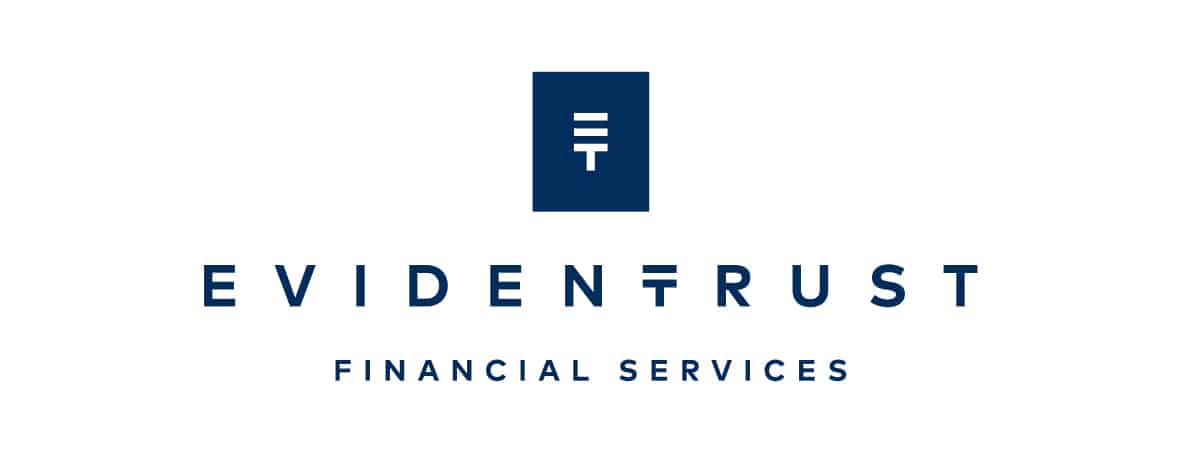Audits are a critical part of business operations, offering transparency and ensuring financial health. Moreover, external audits are required for compliance with Cyprus local laws which states that all Cyprus based companies should be subject to a statutory audit by an independent auditor. However, many companies face challenges during the audit process, often leading to errors that can be costly in terms of time, resources, and compliance. In this article, we’ll explore the most common audit mistakes companies make and how you can avoid them. With expert insights and actionable advice, you’ll gain a thorough understanding of audit best practices to improve your company’s financial accuracy and compliance.
For professional assistance with your audit processes, check out Evidentrust Financial Services.
Understanding the Importance of Audits
Audits are essential to maintain transparency and ensure that companies comply with financial regulations. They involve a thorough review of financial records, operations, and controls, which helps stakeholders—such as investors, regulators, tax officers and management—make informed decisions.
Proper audits help identify discrepancies, inefficiencies, or areas of improvement within financial operations. In Cyprus, for example, stringent tax and regulatory laws make audits an essential and mandatory part of doing business legally and efficiently. However, some companies, especially SMEs, make several mistakes during the audit process that can hinder their business.
Mistake #1 – Inadequate Preparation for the Audit
One of the most common errors businesses make is failing to prepare properly for their audit. Inadequate preparation can lead to delays, errors, or inaccurate findings, which can significantly impact a company’s financial standing.
How to Avoid This Mistake
- Ensure all financial statements are up to date and accurate.
- Make sure all necessary documents are organised and accessible. This includes invoices, bank statements, contracts, and tax returns.
- Review prior year audit reports to identify any previous issues or areas that need improvement.
- Assign a team to work closely with auditors to address questions or concerns during the audit.
Mistake #2 – Poor Communication with Auditors
Clear communication between auditors and company representatives is essential. Many businesses fail to establish effective communication, resulting in misunderstandings and confusion that can lead to errors in the audit process.
How to Avoid This Mistake
- Appoint a primary contact person within your organization for the audit process. This person should be knowledgeable and available to answer any auditor queries.
- Foster open communication and provide auditors with regular updates.
- Schedule periodic meetings to discuss the audit’s progress and address concerns.
For additional insights on improving communication, check out our blog on improving team communication.
Mistake #3 – Failing to Review Internal Controls
Internal controls are vital for safeguarding a company’s assets and ensuring accurate financial reporting. However, many companies overlook the importance of assessing and improving these controls before an audit.
How to Avoid This Mistake
- Conduct internal assessments to identify weaknesses in your financial controls.
- Ensure that segregation of duties is maintained—no one person should have control over all aspects of a financial transaction.
- Regularly review and update your internal control policies to prevent fraud or errors.
- Involve internal auditors, if applicable, to conduct a pre-audit review and provide suggestions for improvement.
Mistake #4 – Not Understanding Compliance Requirements
Many businesses struggle to understand and adhere to all relevant compliance regulations. This is particularly true for companies operating in multiple regions, like Cyprus, where tax and regulatory laws can be complex and vary by jurisdiction.
How to Avoid This Mistake
- Stay informed about local regulations, such as Cyprus tax laws, as well as international financial standards.
- Collaborate with an external audit firm like Evidentrust Financial Services that understands the regulatory landscape.
- Regularly update your accounting systems to comply with the latest standards.
- Provide training for employees to ensure they understand and follow compliance protocols.
Mistake #5 – Overlooking Data Integrity and Accuracy
Inaccurate or incomplete data can severely impact the results of an audit. Inconsistent financial records can lead to audit discrepancies and a loss of credibility.
How to Avoid This Mistake
- Implement strong data management practices to ensure financial data is accurate and up-to-date.
- Conduct regular reconciliations to ensure all accounts are balanced.
- Invest in secure financial software to avoid manual errors and fraud.
Mistake #6 – Delaying the Audit Process
Procrastination or delays in initiating the audit can lead to rushed work and errors. Some companies delay their audits until the last minute, leading to incomplete reports or missed deadlines.
How to Avoid This Mistake
- Start the audit process well in advance to allow enough time for a thorough review.
- Set clear timelines for each stage of the audit and ensure that all necessary tasks are completed on time.
- Schedule regular progress checks to ensure the audit is on track.
Mistake #7 – Not Reviewing Previous Audit Findings
Many businesses ignore previous audit findings, assuming they have been resolved. However, unresolved issues may still affect your company’s financial health and could result in repeated mistakes.
How to Avoid This Mistake
- Review the findings from previous audits to ensure any corrective actions have been taken.
- Address unresolved issues before starting the current audit process.
- Establish a system to track and follow up on audit recommendations.
For more on continuous improvement in financial operations, visit our page on audit best practices.
Mistake #8 – Mismanagement of Resources During the Audit
Audit work requires a considerable amount of time and resources, which some companies fail to allocate adequately. This can lead to rushed audits and poor-quality results.
How to Avoid This Mistake
- Allocate sufficient resources, including time and personnel, to the audit process.
- Plan for audit work well ahead of time to avoid last-minute rushes.
- Consider hiring external audit firms if internal resources are limited.
Mistake #9 – Failing to Address Issues Identified During the Audit
Once an audit identifies issues, many companies fail to take corrective action. Whether it’s minor discrepancies or major compliance violations, failure to address these problems can lead to long-term consequences.
How to Avoid This Mistake
- Take immediate action on any issues identified in the audit.
- Develop an action plan to address these issues and monitor their resolution.
- Communicate any changes to key stakeholders to demonstrate transparency and commitment to improvement.
Mistake #10 – Lack of Post-Audit Follow-Up
After an audit, many companies neglect to follow up on the recommendations provided by auditors. This lack of follow-up can undermine the value of the audit itself.
How to Avoid This Mistake
- Review the audit report in detail and implement the suggested changes.
- Conduct regular follow-up meetings to monitor the progress of corrective actions.
- Ensure that all departments are involved in post-audit actions, especially those related to financial operations.
Conclusion
Audits are vital to ensure that a business’s financial operations are transparent, compliant, and efficient. However, common mistakes can easily derail the audit process and result in missed opportunities for improvement. By following the tips provided in this article, companies can navigate audits smoothly and avoid costly errors.
For more guidance on managing your company’s audits, contact Evidentrust Financial Services, a trusted partner in financial compliance.





